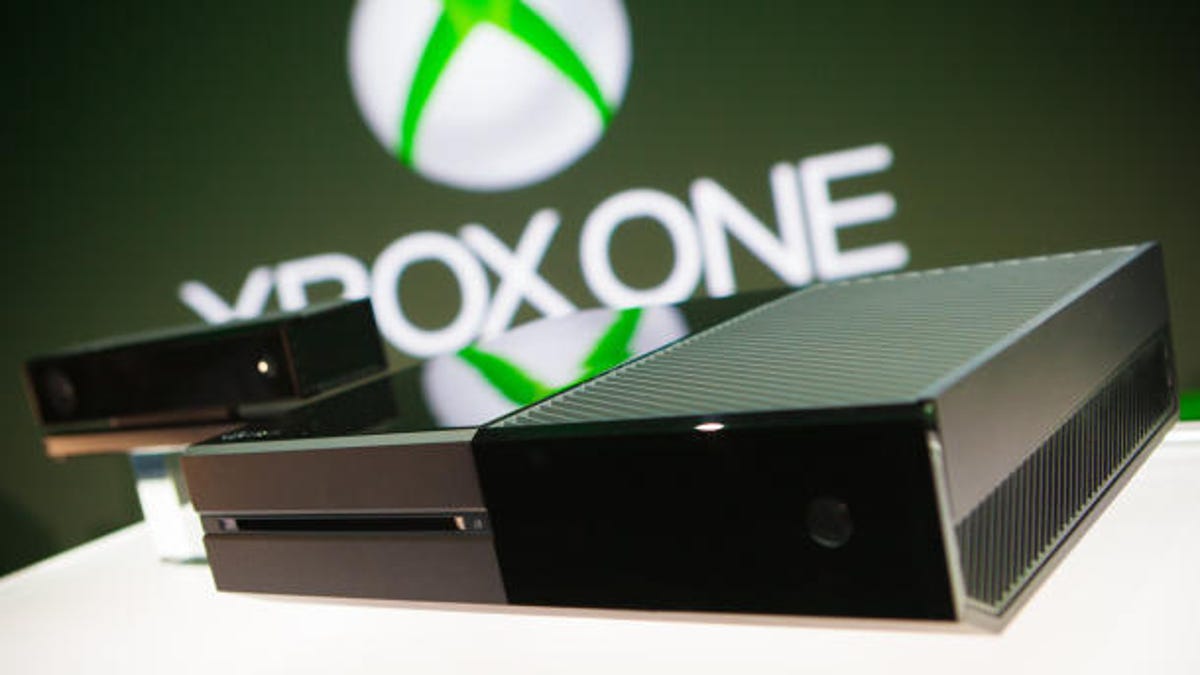Microsoft pulls a 180, reverses Xbox One always-on DRM and used games policy
In a blog post, Xbox chief Don Mattrick says Microsoft heard the outcry from gamers and changed the much-derided policies.

Microsoft backtracked Wednesday on its much-derided policy that would have required Xbox One gamers to connect their consoles to the Internet once a day to prevent game piracy.
Microsoft faced a huge backlash when it announced the policy, just before the E3 video game conference earlier this month. Then, the company said it would allow gamers to play offline for up to 24 hours on a primary console, or 1 hour if they were logged onto a separate console accessing their library of titles. At that point, offline gaming would have been disabled until players re-establish a Web connection.
"Since unveiling our plans for Xbox One, my team and I have heard directly from many of you, read your comments and listened to your feedback," Don Mattrick, president of Interactive Entertainment Business at Microsoft, wrote in a blog post.
Microsoft unveiled the console in May and plans to launch it before the end of the year.
Mattrick's post Wednesday offers an astonishing about-face for Microsoft, and illustrates the bumpy marketing path the upcoming console has traveled since its debut.
"After a one-time system set-up with a new Xbox One, you can play any disc based game without ever connecting online again," Mattrick wrote. "There is no 24 hour connection requirement and you can take your Xbox One anywhere you want and play your games, just like on Xbox 360."
Microsoft also reversed its policy with regard to game resales. The company planned to let game publishers set the rules for reselling games to retailers, something that a regular Web connection would have allowed. Game makers could have restricted the use of games on more than one console, or required a fee for reuse. Microsoft also planned to limit gamers ability to share titles with friends, allowing them only to give a disc to a buddy who has been on their friends list for at least 30 days. And even then, each game would only have been able to be given once.
Those restrictions have been rescinded as well.
"Trade-in, lend, resell, gift, and rent disc based games just like you do today," Mattrick wrote. "There will be no limitations to using and sharing games, it will work just as it does today on Xbox 360."
It's the second time in less than a month that Microsoft has had to backtrack on a new product. On May 30, the company took a half-step toward bringing back the Start Button on Windows 8, saying it would offer something called a "Start tip" that offers some of the Start Button features when it rolls out Windows 8.1 later this year.
Gamers ranted about the original Xbox One policy, particularly after Sony Computer Entertainment of America chief executive Jack Tretton revealed at E3 that the company wouldn't prevent game resales on titles for the PlayStation 4, which will also debut in time for the holidays.
"We won't impose any restrictions on used games," Tretton told the E3 audience during Sony's PlayStation 4 press conference. "It won't require you to check in online. It won't stop working if you haven't authenticated within 24 hours."
Microsoft didn't call the new policy a reversal, nor did it say it was in response to Sony's strategy. Instead, the company spun the reversal as its effort to listen and respond to customer feedback.
"We appreciate your passion, support and willingness to challenge the assumptions of digital licensing and connectivity," Mattrick wrote. "While we believe that the majority of people will play games online and access the cloud for both games and entertainment, we will give consumers the choice of both physical and digital content. We have listened and we have heard loud and clear from your feedback that you want the best of both worlds."
Updates, 2:07 p.m. PT and 2:39 p.m PT: Adds more details and analysis.

